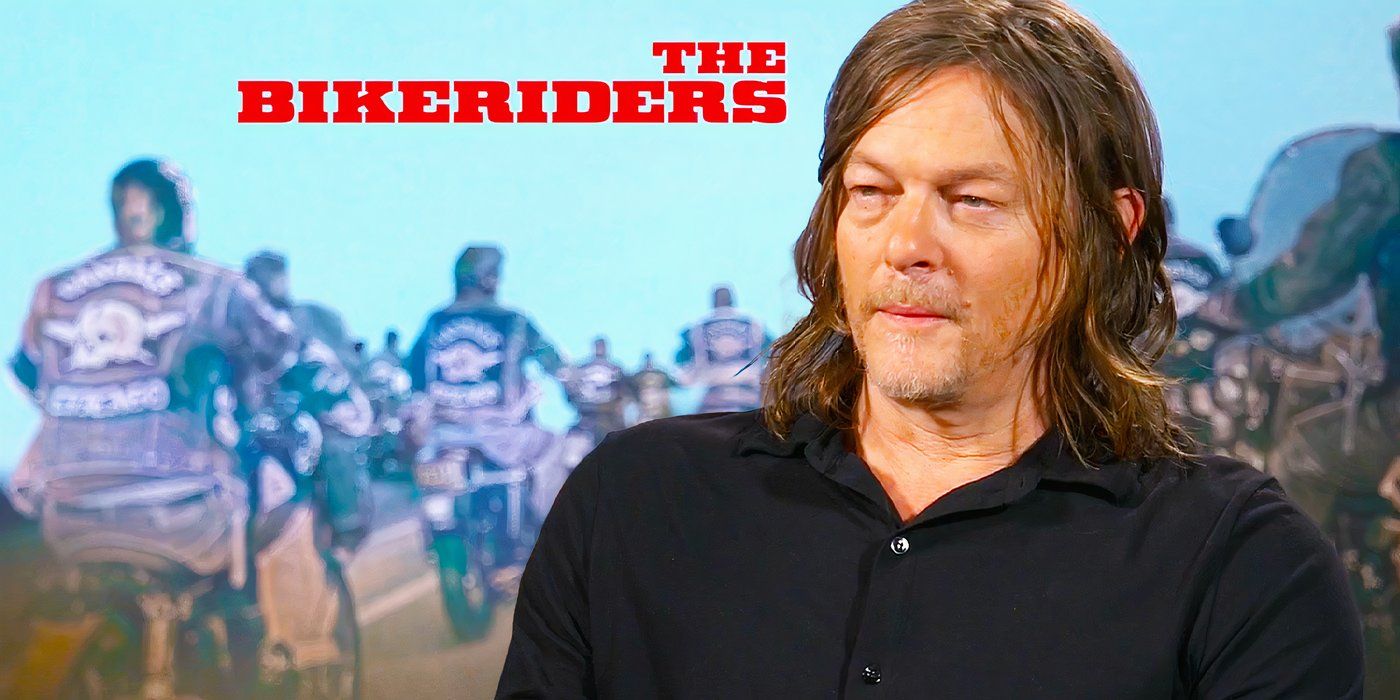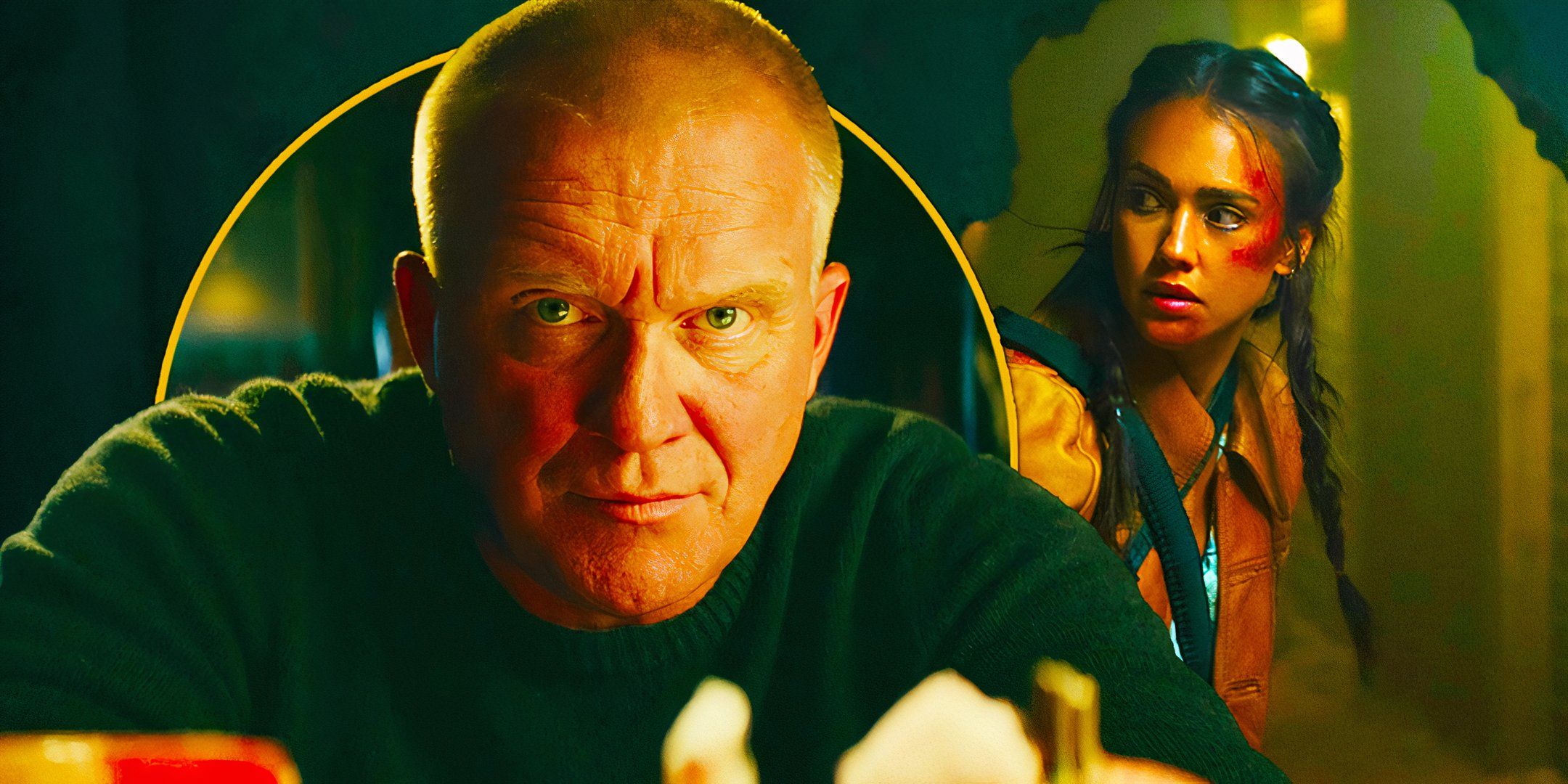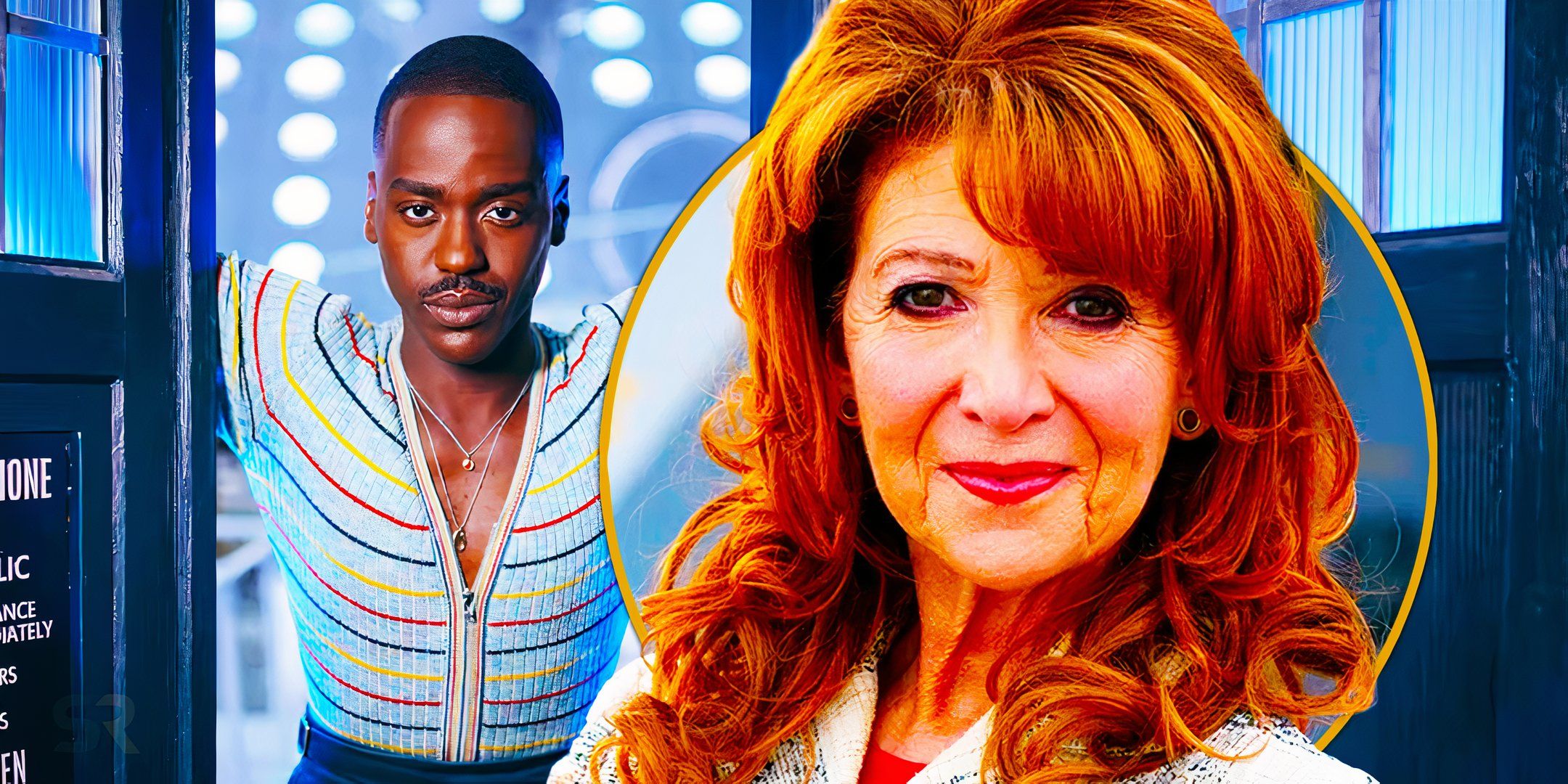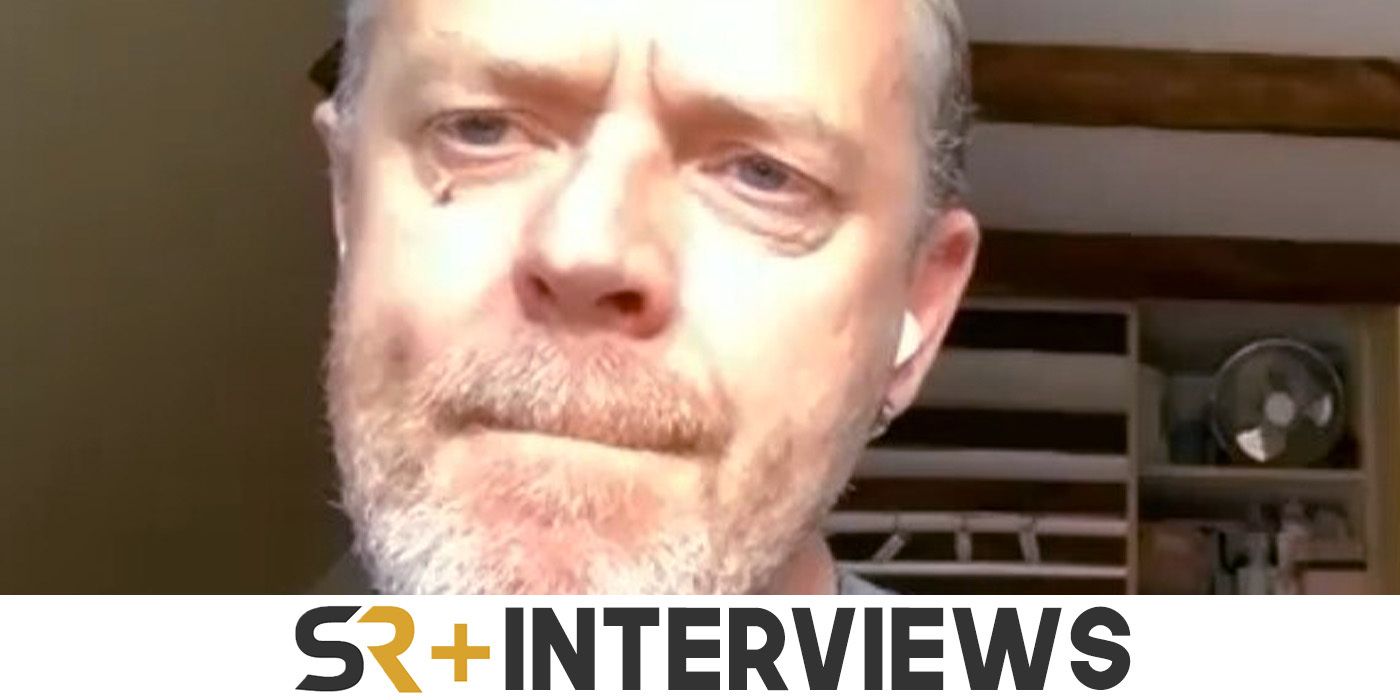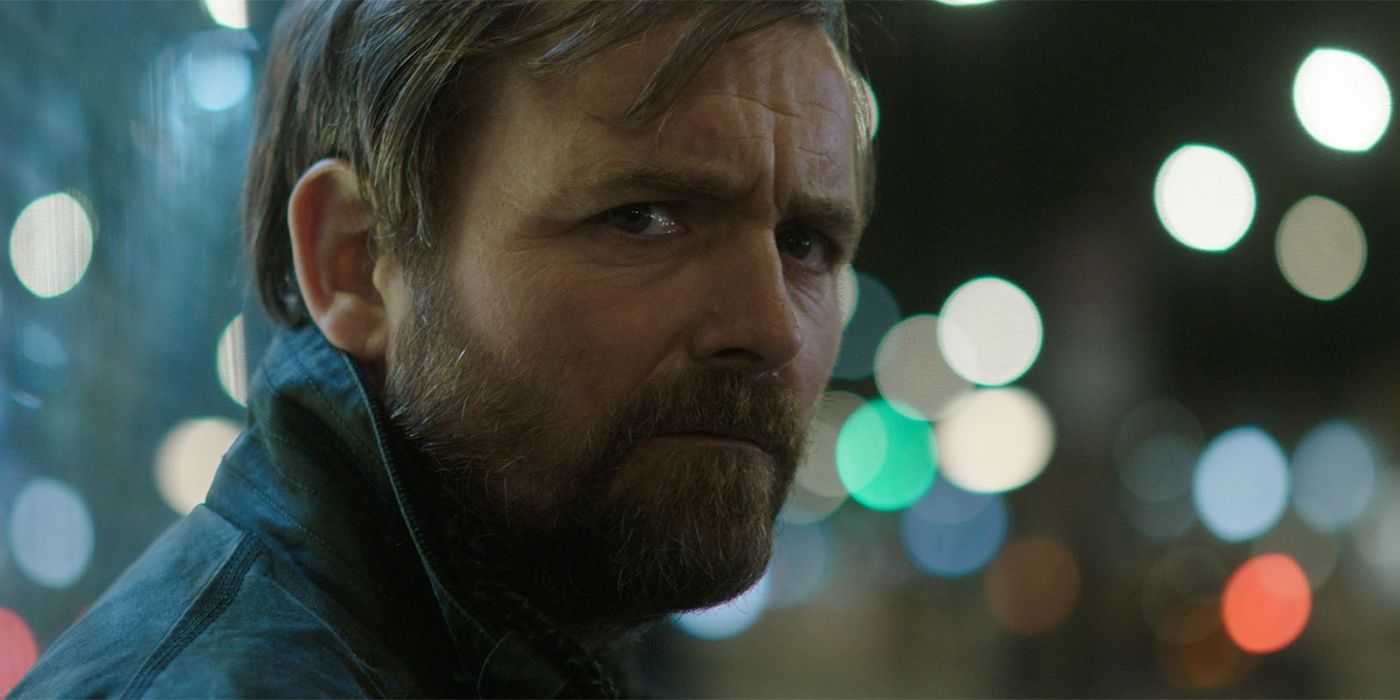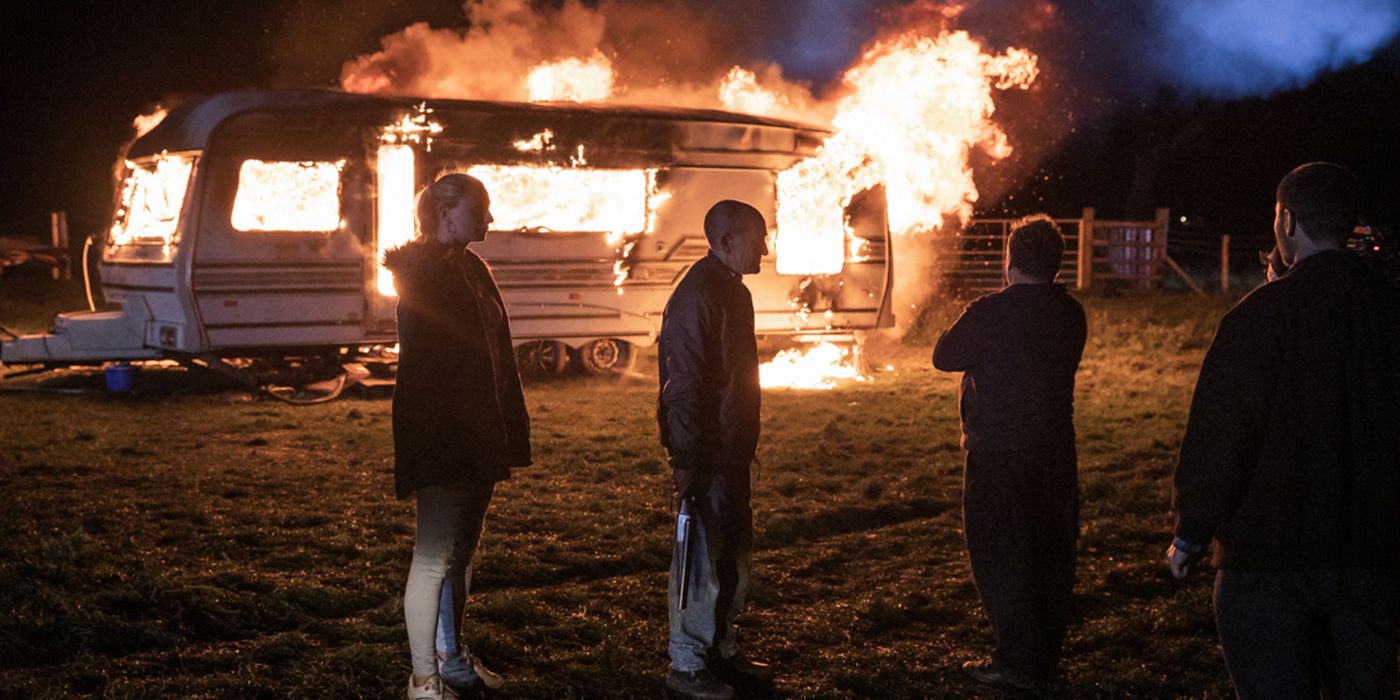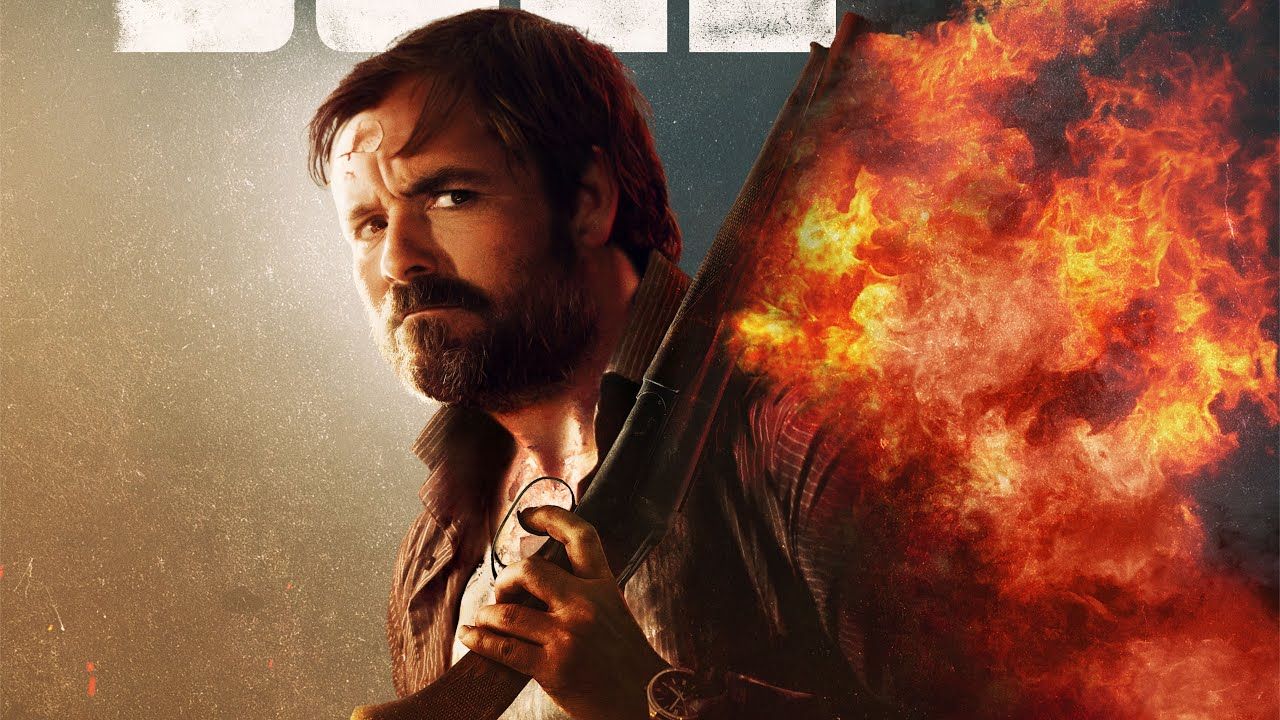Directed and written by Paul Andrew Williams, Bull is a revenge thriller that sees the titular character return after 10 years to get even with those who wronged him and left him for dead. Williams, who has previously directed episodes of the stellar crime series Broadchurch, is known for his creativity and specific vision in the industry, and Bull is yet another example of his cinematic prowess.
Screen Rant had the opportunity to speak with Williams about what inspired him to create the dark thriller and how his use of practical effects benefited the film. He also shared his thoughts on working during the pandemic and how he and his crew had the satisfaction of making a film during those hard times.
Finally the screenwriter-director discussed working with lead Neil Maskell (who plays Churchill in Peaky Blinders) and their visions for Bull’s backstory differed, which may have added to Maskell’s performance.
Screen Rant: As far as revenge movies go, this is right up there for me. I love the character of Bull. Where did the idea for this revenge thriller come from?
Paul Andrew Williams: I get asked that a lot, and I'm like, "I can't remember." No, it was always just about thinking about what one would do to protect your son or what you do for your children, basically - which obviously is completely unrealistic because I wouldn't do all this for my kids. But yeah, that's how it came out.
I think that whenever I write anything, I just come up with a little tiny bit and then think, "Okay, let's open it up and see what happens." Listen, the fact that it's even gone to America, man - aside from the fact that I loathe the poster so much, it's great that it's being seen by people over there.
I love the tone and pacing of this film; it almost has this horror tone to it. What films did you draw inspiration from for your cinematic language, if any, at all?
Paul Andrew Williams: To me, the fact is I would have to go and read what cinematic language meant. I'm not very good at stuff like that, but that's good. Yeah, I'm hopeless at stuff like that. I think, for me, it was always - in terms of what films I like - films that are very all over the place. I like different kinds of movies for different days, and I also try and really do my utmost not to take too much from other films. Because I've got an idea in my head, and I feel comfortable with how I want it to be.
I think it's always low key, and it's always menaced. I like the idea of building up the tension and stuff like that, and actually not having to do too much to have that tension. For example, with Bull; with Norm and Bull's mum. I used to be an actor, and I'm thinking about good actors. But when I write something, I've had it in my head while I'm writing it. While I'm writing it, I'm thinking with this bit, "Oh man, that's going to be great." And that's what the inspiration is.
I like loads of movies, dude. I like loads of TV, I like lots of great stuff and they're all different. I couldn't really say I had an influence for anything, because otherwise it'd just be a massive collage of crap.
I totally get that. One thing I really loved about this film too was that there were a ton of practical effects, which made me feel so involved in what was going on. Can you talk to me about what practical effects added to Bull?
Paul Andrew Williams: Practical effects, a lot of the time for me, really are much more realistic and much more authentic. And in a way, they're much more fun to do. Listen, I love VFX movies; I think they're great. I think I go back to - they're very different films, but - The Thing and The Omen. One of the first images I have is David Warner's head cut on the glass, and its completely ridiculous and you only see something for a very short while, but it feels real. Even with The Thing, that's why The Thing works so well for me in terms of the effects being so sort of visceral, because I believed it was in the room.
I think that VFX are great to use for touching stuff up and things like that, but I think when it comes to small scale gruesomeness, it's always got to be prosthetics. But we had no money, so we had no molds of people's faces or anything like that. We basically did the best we could, and there were times where I might look at a particular thing going, "This looks terrible."
The fingers come to mind. I mean, everyone's like, "How are we going to do it? How are we going to do it?" I was like, "Just get them to do this, put them down, and I'll cut it like that." It's so quick, and you just reverse it, but people just need to hear that and see the three very quick cuts. Suddenly you're like, "Oh my God!" I think you could have had blood going everywhere, and it'd just be awful.
Whereas I think it's much better to do something that's really quick, because I was thinking that actually when you watch something that's visceral and rough, you wince and go like that, but there's such a short reaction. It's impossible to sustain that feeling.
You summed it up the best. It's this subtleness that has a lot of impact, which I absolutely love. You made Bull in the height of the pandemic, which added to the creepy factor - like that scene at the fair. Can you talk to me about the challenges of shooting during the pandemic?
Paul Andrew Williams: It was just as things were starting to come back slowly with filming, but we were really low budget. So when Dom, who produced it, asked? I said, "Look, I want the abattoir, I want the burning caravan, and I want a fairground. Those are the three things that I need, everything else I can sort of work around."
We managed to find this fair in Wales, which is quite far from where we were filming, but we could only have 10 extras, so we couldn't have anyone in there. And it was the height of the pandemic, so there were no people at the fair anyway.
That was hard, but the thing is, we didn't have any money. Even if we could've had the access to lots of people, we still wouldn't have been able to use them because we didn't have anything. I think the thing about working in a pandemic is it was the first time I'd done it. You just had, "Can you sanitize your hands?" so many times, and you'd forget your mask and do all this stuff.
But the bottom line is, people hadn't worked. People were just really keen to be a part of something again. There's a different energy to that, because people are really keen to be involved. We’re making stuff, man, and that's a real treat. It's a real gift to be able to do that, because there are so many people who don't get to do it that really want to. Everyone moans; we all moan and gripe about how tough it is. But in the end, it's great.
I've got to commend you on that spinning ride scene. That scene was amazing. You wrote and directed Bull, and Neil told me that you gave him a lot of freedom to collaborate, bringing what he brought as an actor to the table. How much did his version of Bull align with the version you wrote, and what did he bring to the table that wasn't on the page?
Paul Andrew Williams: Well, most pages have got so little on them that you're relying on an actor to come and bring everything to it. I think what Neil brought to it was a sense of reality. I believed him as a person because he was multilayered. Yes, he was cold and stuff like that, but he also had more to him than that. He told me what his backstory as Bull was, and I was like, "That's so not what I had. However, as long as you do what you think is right, I don't care what you do. I don't care what your backstory is."
He's such a really great actor, and he's so subtle. You hire someone to do your lines to be believable. If they can be believable, then that's what I need.
However, you get to that point that all I need to do as a director, and all the audience needs to do, is believe him. Believe what he says; believe that he's telling the truth. Believe that he is a real thing, and however he does that - whether I pushed him or he's pushed himself or whatever's happened; whether someone else comes up with an idea and says, "This is better." If I think he's telling the truth, then I'll buy it. That's what you need from an actor.
Bull Synopsis
Bull is a revenge thriller like no other. Ferocious, audacious, and blood-soaked, the latest from BAFTA-winning writer and director Paul Andrew Williams stars Neil Maskell as a vicious mob enforcer seeking revenge on the gang that double-crossed him. Ten years after he was last seen, Bull (Maskell) returns home to methodically track down those who betrayed him and find his beloved son. With the ominous warning: “I’m coming for all of them,” Bull stalks his former gang, leading up to a savage showdown between his wife and her mob boss father (David Hayman).
Check out our interview with Bull star Neil Maskell as well.
Bull is currently out in select theaters, as well as available on Demand and Digital.


